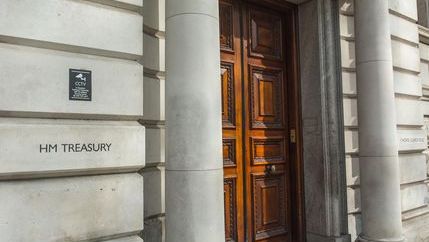
Survey shows widespread opposition
Strong anti-money laundering (AML) oversight is essential for a healthy property sector, and we regularly collaborate with HMRC to support agents in fulfilling their obligations. However, our members emphasise that fee increases should not impose additional financial burdens on compliant businesses.
A snap survey of over 220 members found:
- 92% felt the overall increase in fees was unreasonable.
- 82% said the reintroduced £400 application fee was unreasonable.
- 72% said the higher £400 premises fee was unreasonable.
- Over 80% said the changes would present either a minor or significant financial challenge to their business.
Most respondents ran only one branch, underlining that smaller, independent businesses — which make up the bulk of the property sector — would be disproportionately affected.
Risk of unintended consequences
We have warned that higher costs could undermine HMRC’s objectives by driving some agents to avoid registration altogether. Letting agents cannot recover compliance costs through tenant fees, and competition in the landlord market makes raising charges extremely difficult. Recent enforcement trends show how easily agents can fall foul of the rules, with 194 penalised in one reporting period — often for missing registration deadlines.
Further tranche of agents hit with penalties for AML failures
194 agents have incurred penalties totalling over £1 million for breaches identified by HM Revenue and Customs between October 2024 and March 2025. The vast majority are a result of failing to register for Anti-Money Laundering (AML) supervision on time – the most common reason agents are fined. This highlights how important it is for property professionals to understand the rules, apply correctly, and maintain an up-to-date registration with HMRC.
Call for clearer guidance and support
To ensure compliance remains viable, more prescriptive and usable guidance from HMRC and regulators is needed. Most of the guidance still lacks clarity on when to conduct customer due diligence, how to identify beneficial owners, or how to comply when agency ownership changes.
We responded to an HM Treasury consultation in 2024 on improving the effectiveness of the Money Laundering Regulations (MLR), and 96% of our surveyed members said they would welcome more prescriptive guidance on how to meet their obligations, especially for more complex situations like identifying beneficial owners and sources of funds.
Propertymark's resources guide the sector with a suite of AML fact sheets and FAQs, as well as foundation and in-depth training courses.
Anti-Money Laundering
We have created a number of resources, forms and training options for agents and auctioneers to comply with their Anti-Money Laundering obligations.
A balanced funding approach
While supervision must be properly funded, however, cost increases should not primarily fall on compliant agents. Raising penalties for serious non-compliance would be a more effective way of funding oversight, while public spending could be justified given the wider economic and social benefits of tackling money laundering.
Propertymark will continue to engage with HMRC and HM Treasury to ensure that anti-money laundering supervision is properly funded, fair, and proportionate.





